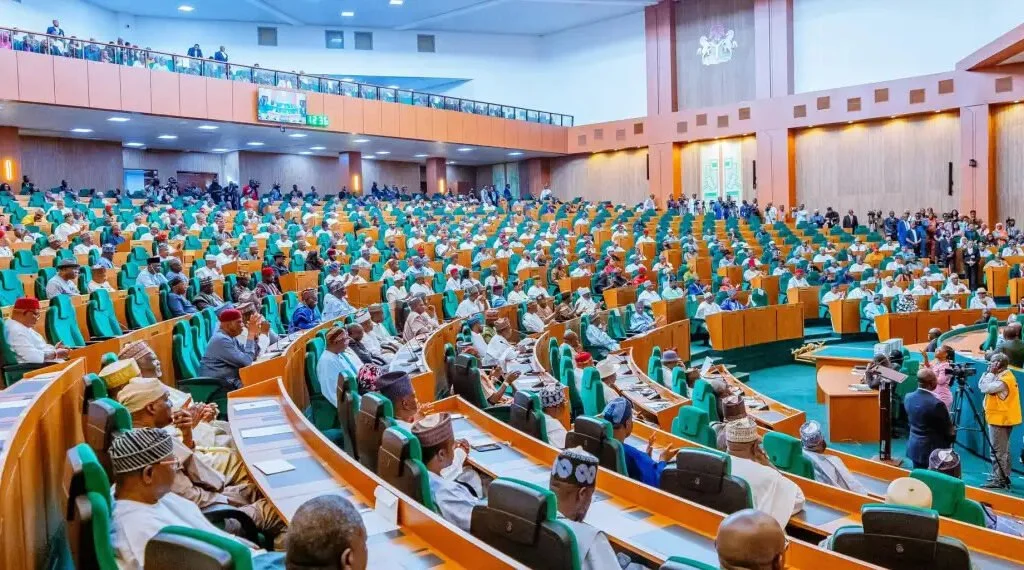The Nigerian Communications Commission (NCC) has announced a renewed crackdown on the sale and use of pre-registered SIM cards as part of reforms aimed at strengthening compliance, licensing, and internet governance in the country’s telecom sector.
Speaking at the Public Inquiry on three subsidiary legislations—the Licensing Regulations 2019, Enforcement Process Regulations 2019, and Internet Code of Practice 2019—held in Abuja on Tuesday, the Executive Vice Chairman (EVC) of the Commission, Dr. Aminu Maida, said the review was critical to addressing emerging challenges in the fast-evolving communications landscape.
Represented by the Executive Commissioner, Stakeholder Management, Barrister Rimini Makama, Dr. Maida explained that the Enforcement Process Regulations have been updated to provide a transparent and accountable framework for compliance monitoring, investigation, and sanctions.
He noted that the revised framework would help tackle persistent regulatory breaches, particularly the sale of pre-registered SIM cards and the practice of call masking and refiling, which he described as threats to national security and operator revenue.
The EVC emphasized that the measures would also help reinforce public trust in the Commission’s oversight role, stating, “These amendments have become imperative to ensure that nagging regulatory breaches such as the prevalence of pre-registered SIM cards and call masking are addressed promptly, fairly, and efficiently.”
Dr. Maida also stated that the Licensing Regulations were being refined to accommodate new technological advancements and streamline business processes.
He said the revisions introduce provisions on general authorisations, license renewals, corporate restructuring, and sanctions to encourage innovation and improve ease of doing business.
He added that the changes would position operators to compete effectively and attract more investment into the Nigerian telecoms market.
On the third regulation, the Internet Code of Practice, the NCC boss said the document, now being converted into a Guideline, aims to safeguard user rights, promote open internet access, and ensure service providers uphold high ethical and technical standards.
The updated Code introduces new provisions covering cybersecurity, data protection, artificial intelligence, child online safety, and anti-spam measures.
Maida stressed that with the internet becoming a dominant platform for communication and commerce, there is a need for stronger guardrails to protect citizens, especially children and other vulnerable groups, from harmful online content.
In her remarks, the Head of Legal and Regulatory Services, NCC, Chizua Whyte, represented by the Head of Dispute and Litigation, Lawrence Abang, said the review followed a six-month consultation process and reaffirmed the Commission’s commitment to inclusive and transparent regulation.
She explained that compliance with the Commission’s rules is central to its mandate, and the proposed amendments would strengthen the mechanisms for ensuring adherence and applying appropriate sanctions where necessary.
According to her, the updates will provide a more comprehensive framework to secure both operators and consumers in the expanding digital ecosystem.
Whyte further noted that the revised licensing framework would enhance investor confidence and open the market to new entrants, allowing Nigeria’s communications sector to forge into the digital future with reduced restrictions and improved global competitiveness.
On the Internet Code, she said the regulation seeks to ensure that all access providers take responsibility for curbing exposure to crimes such as identity theft, misinformation, hate speech, and other social harms associated with unregulated online activity.
She added that as the world becomes increasingly digital, regulatory frameworks must evolve at the same pace to remain effective, stressing, “The communications industry is undergoing significant transformation in this digital era.”






